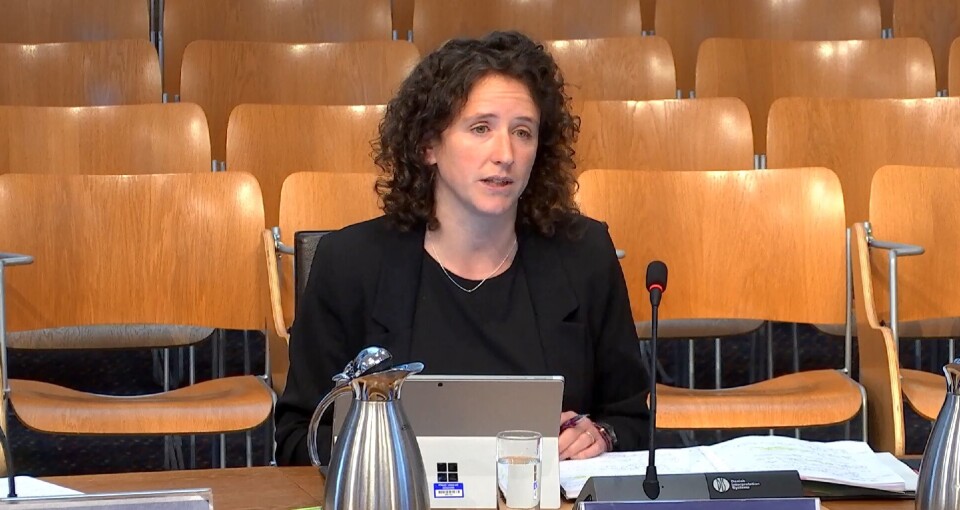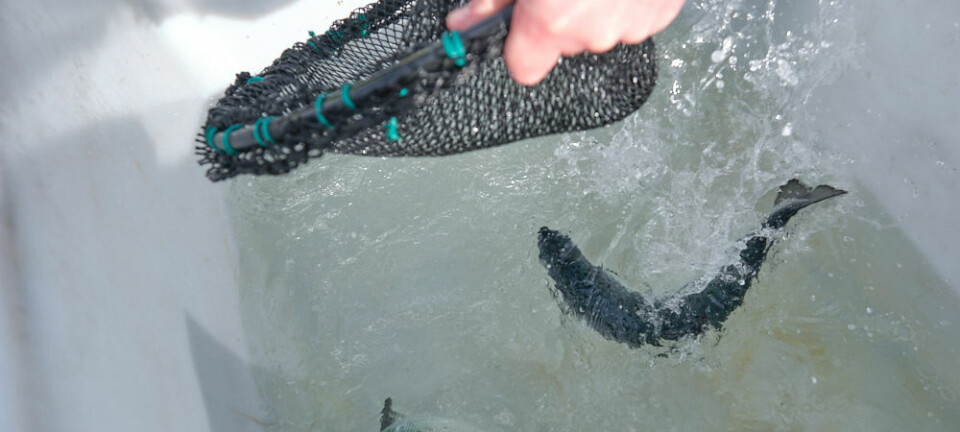
Minister ‘happy to consider’ using fish farm rents to fund rural housing
Salmon farmers have welcomed a Scottish Government commitment to consider their call for £10 million-a-year in fish farm site rents to be used to help tackle a housing crisis in rural Scotland.
Trade body Salmon Scotland launched a campaign last year to overhaul the current system so that the rent money sent to Crown Estate Scotland in Edinburgh is directly ringfenced for coastal areas where farms operate.
This would echo the system in Norway where rents are used to benefit local communities.
Rural Affairs Secretary Mairi Gougeon has now confirmed the government is open to the revenues being used to support housing.
She was responding to questions at the Scottish Parliament’s rural affairs and islands committee on Wednesday.
Struggling to get a home
Rhoda Grant, MSP for Highlands and Islands, highlighted how the lack of available, affordable housing is affecting the ability of people to live and work at local salmon farms.
She said young people “are really struggling to a get home” and asked what the government was doing to help them and what work it was doing with the sector.
Rachael Hamilton, MSP for Ettrick, Roxburgh and Berwickshire, also raised the issue and asked if the government supported Salmon Scotland’s call.
Gougeon pointed to existing agreements with local authority body Cosla, adding: “I of course welcome any suggestions and [am] happy to consider that.”
Planned increases in fees to government agencies such as the Scottish Environment Protection Agency (SEPA) to cover the costs of enhanced monitoring, and to Crown Estate Scotland means that more than £20m per year is soon expected to be paid by salmon farmers to various regulators and quangos.
Wind farm windfall
At present, salmon farming contributes more than £5m directly to Crown Estate Scotland (CES), with this fee set to nearly double.
But CES’ overall revenues are expected to soar from £26m in 2021-22 to £102m in 2022-23 due to licensing fees for offshore wind farms.
Net CES revenues are currently handed to the Scottish Government and redistributed across the country, but Salmon Scotland believes that a greater share of aquaculture contributions should be ringfenced to support coastal communities, with a particular focus on housing.
A recent independent review of aquaculture regulation in Scotland by Professor Russel Griggs recommended a new single licensing payment for the sector, which he said should “address community benefit as well” – echoing the set-up in Norway.
Open-minded approach
Salmon Scotland chief executive Tavish Scott said: “We are pleased to see that MSPs and the Scottish Government are acknowledging the importance of addressing the housing crisis in our coastal communities.
“The lack of available and affordable housing has been a pressing issue, impacting the ability of people to live and work in these areas.
"We are encouraged by the government's open-minded approach and their recognition of the need to support coastal communities.
“Reinvesting the funds generated through salmon farm rents directly back into these communities will have a transformative impact, particularly in addressing the housing challenges faced by local residents.
“The Scottish salmon sector plays a vital role in creating jobs and contributing to the economy of coastal regions.
“We firmly believe that the benefits should be felt closest to the farms themselves.
“By working together, we can drive positive change, ensure sustainable growth of the salmon sector, and make a lasting impact on the communities we serve.”























































